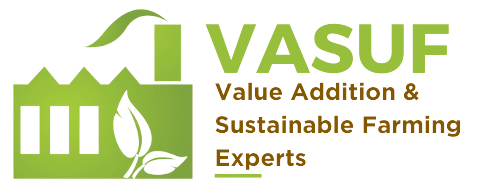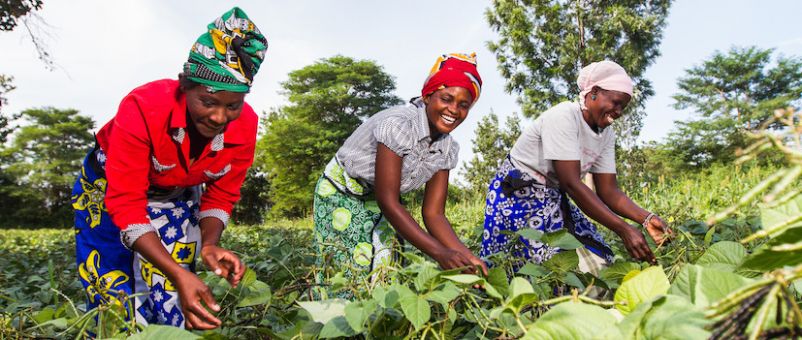Sustainable farming goes beyond ecological benefits; it has far-reaching impacts on society as a whole. By adopting environmentally-friendly practices, farmers contribute to food security, promote social equity, and foster economic development. This blog explores the profound effects of sustainable farming on various aspects of society.
Sustainable farming plays a pivotal role in ensuring food security. By employing techniques such as crop rotation, agroforestry, and organic farming, farmers enhance soil fertility, minimize pests and diseases, and reduce reliance on synthetic fertilizers and pesticides. This leads to increased crop yields, improved quality, and a diversified range of crops. Access to nutritious food becomes more affordable and available, directly impacting the health and well-being of individuals and communities.
By ensuring food security, promoting environmental stewardship, fostering rural development, and contributing to resilient economies, sustainable farming addresses some of the most pressing challenges facing our world today. Embracing and supporting sustainable agriculture is not only a responsibility but also an opportunity to create a better future for all.
The impact extends well beyond the boundaries of farms and fields. By promoting food security, environmental stewardship, rural development, and sustainable economies, sustainable farming positively influences society as a whole. It empowers communities, improves access to nutritious food, preserves ecosystems, and builds resilient economies. As we recognize the importance of sustainable farming, it is crucial to support and promote these practices for the betterment of our society, both now and for future generations.


